Third-Year Rotations
Blue rotations are non-vacationable. White rotations are vacationable and outpatient. Striped rotations are vacationable and inpatient.
If you are interested in RTT, make sure you visit their third-year curriculum page, too!
-
This R3 rotation is designed to combine elements of behavioral science, physician wellness, and practice management. The third year class comes together again for their final shared block before graduation, offering an opportunity to reconnect and prepare for the final few months of residency. Seminars this rotation focus on advanced skills and training in the areas of behavioral science and practice management, as well as further opportunities for building sustainable wellness practices.
Behavioral science topics focus on advanced skill building, from managing complex psychiatric problems to engaging with various family system dynamics.
Wellness sessions provide opportunities for group reflection and sustainable skill building, as well as consideration of the transitions that will come with graduation.
Practice management sessions delve into advanced topics related to the functioning of a primary care clinic, from finances and staff management to billing and coding, as well as skill building and preparation for the transition to employment after residency.
-
Residents will be scheduled for 6-7 half-days of clinic per week with emphasis on high volume patient care in their continuity clinics. During this block they will focus on chronic disease management of patient panels, efficient use of clinic time, and improving team based care. Residents will have opportunities during the rotation to visit other clinics and organizations to get exposure to different practice styles, practice environments and models of care.
Additionally, residents will be allotted some half days to prioritize panel management, as well as working with other providers to improve their clinic efficiency.
-
Residents have four elective blocks during R3 year. Future practice plans and areas of educational need play a role in determining elective choices for residents. Residents work with their advisor to determine what educational areas are appropriate topics for consideration.
Residents may choose from a list of reputable community teachers compiled by the associate director of the curriculum, or select their own elective rotation site with guidance from their advisor. All residents prepare a detailed schedule of their elective, general goals for the rotation, and specific competency-based learning objectives.
-
The FMS R3 is expected to learn and demonstrate leadership skills as the supervising R3 of the inpatient team by coordinating all teaching conferences/activities, feedback delivery and by overseeing and making certain that all patients admitted to the service receive the highest quality care. This is an opportunity to act as a junior attending for the whole service.
The FMS R3 is expected to address all patients’ major medical and psycho-social issues. The FMS R3 should demonstrate the ability to provide culturally-sensitive and evidence-based care by supervising appropriate workup and consultation, as well as utilize allied health professionals and agencies to optimize the care of patients.
-
Residents have one Night Float block during R2 year and one during R3 year. Each block has four alternating weeks of night shifts and clinic.
Night float responsibilities include: admit and manage triage, OB, newborn issues; telephone medicine/triage; float med and peds admits after 3 a.m.; and supervise medical students.
-
Third-year residents work with a variety of specialists during this rotation. The Swedish Cherry Hill Medical Center Campus is an internationally recognized cardiology and neurology center of excellence. Residents work with specialists chosen for their interest and ability to teach family medicine residents. Many of the specialists have been affiliated with the residency program for decades. This is a high intensity, high yield rotation.
-
Third-year residents work with a variety of specialists during this rotation including cardiology, Neurology, Rheumatology, GI, Nephrology, Sleep Medicine and ENT. Residents work with specialists chosen for their interest and ability to teach family medicine residents. Many of the specialists have been affiliated with the residency program for decades. This is a high intensity, high yield rotation.
-
Residents work with a variety of pediatric and adult orthopedic and primary care sports medicine faculty.
Residents will evaluate, diagnose and treat common acute, chronic and overuse orthopedic problems. They will learn indications for and gain experience in appropriate use of casting, splinting and therapeutic injections and be able to identify high risk conditions requiring referral.
They will work with physicians expert in musculoskeletal ultrasound, as well as Dr. Michael Erickson, our Sports Medicine Fellowship Director and Head Team Physician for Seattle University. He sees patients with orthopedic and sports medicine issues with our residents, and all senior residents participate in structured pre-participation sports physicals for Seattle University athletes from all sports.
-
During this block, residents will spend approximately 5 half days per week in their regular continuity clinics, and appx 7 half days per week working with various pediatric specialists.
Longstanding partnerships with our program include community leaders working in Peds Allergy & Immunology, Cardiology, Gastroenterology, Ophthalmology, and Urology.
-
Residents rotate through our own clinics treating our own patients during this rotation. A list of some procedures they will be able to perform include the following:
OB Ultrasound - pregnancy confirmation/dating ultrasounds, AFI/BPP practice, and confirming fetal position
Dermatologic Procedures - excisional biopsy, punch biopsy, cyst removal, lipoma removal, toenail removal, and cryotherapy
Gynecological Procedures - D&Cs, endometrial aspiration, bartholin gland cyst/abscess treatment, IUD insertion, colposcopy, and LEEP
Orthopedic Procedures - joint injection and aspiration
Circumcisions and Vasectomies




